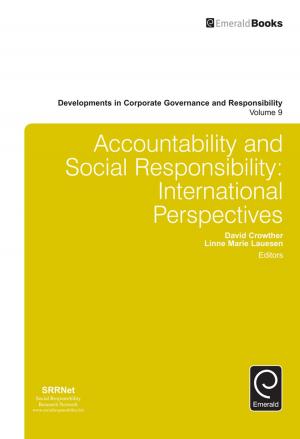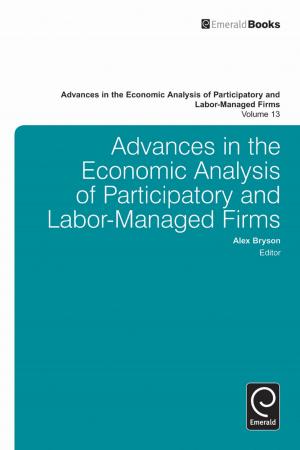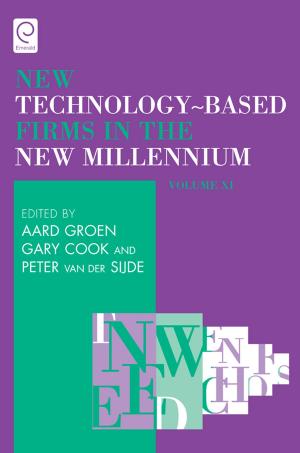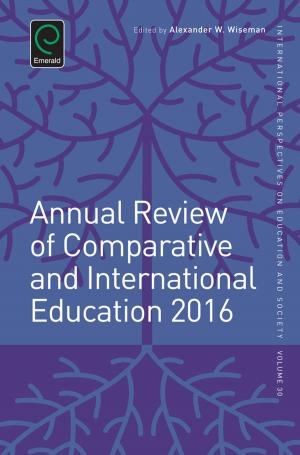Fundamental British Values in Education
Radicalisation, National Identity and Britishness
Nonfiction, Reference & Language, Education & Teaching, Educational Theory, Multicultural Education, Educational Reform| Author: | Lynn Revell, Hazel Bryan | ISBN: | 9781787149533 |
| Publisher: | Emerald Publishing Limited | Publication: | January 30, 2018 |
| Imprint: | Emerald Publishing Limited | Language: | English |
| Author: | Lynn Revell, Hazel Bryan |
| ISBN: | 9781787149533 |
| Publisher: | Emerald Publishing Limited |
| Publication: | January 30, 2018 |
| Imprint: | Emerald Publishing Limited |
| Language: | English |
The notion of Britishness and national identity have rarely been examined with such intensity in education and society as they are today. Although the requirement to promote a sense of nationhood in schools is not a new one, the politicised nature of the values associated with Britishness and the security agenda in which schools now operate has intensified greatly in recent years.
This timely book provides a critical analysis of the statutory requirements to promote Fundamental British Values in schools, universities and other childcare groups in the UK. It begins by charting the development of Britishness and British values in the post-war period and highlights how even in the recent past British values have been understood and executed in policy in relation to schools in very different ways. In the past Britishness and national identity was either assumed or conveyed through the employment of cultural forms; it is only now that Britishness in education, in the form of fundamental British values is articulated through explicitly political language.
The book continues by examining the impact of fundamental British values on teacher professionalism. It will show how the legislation and policy that structures the way teachers (and other educators) must engage with fundamental British values works to reposition the status of teachers in the public sphere. Teacher’s work and relationship with the state is recast so that personal political and individual acts are now situated within the remit of state control and legislation. The concept of Liquid Professionalism is promoted as a form of teacher professionalism for these securitised times.
The notion of Britishness and national identity have rarely been examined with such intensity in education and society as they are today. Although the requirement to promote a sense of nationhood in schools is not a new one, the politicised nature of the values associated with Britishness and the security agenda in which schools now operate has intensified greatly in recent years.
This timely book provides a critical analysis of the statutory requirements to promote Fundamental British Values in schools, universities and other childcare groups in the UK. It begins by charting the development of Britishness and British values in the post-war period and highlights how even in the recent past British values have been understood and executed in policy in relation to schools in very different ways. In the past Britishness and national identity was either assumed or conveyed through the employment of cultural forms; it is only now that Britishness in education, in the form of fundamental British values is articulated through explicitly political language.
The book continues by examining the impact of fundamental British values on teacher professionalism. It will show how the legislation and policy that structures the way teachers (and other educators) must engage with fundamental British values works to reposition the status of teachers in the public sphere. Teacher’s work and relationship with the state is recast so that personal political and individual acts are now situated within the remit of state control and legislation. The concept of Liquid Professionalism is promoted as a form of teacher professionalism for these securitised times.















